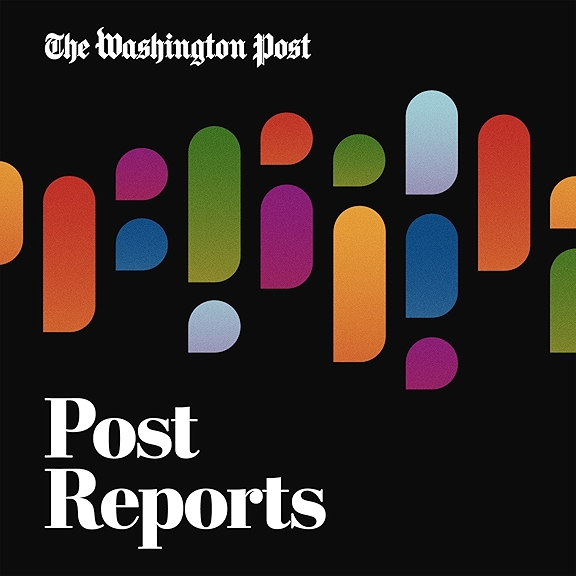
Post Reports
Post Reports is the daily podcast from The Washington Post. Unparalleled reporting. Expert insight. Clear analysis. Everything you’ve come to expect from the newsroom of The Post, for your ears. Martine Powers and Elahe Izadi are your hosts, asking the questions you didn’t know you wanted answered. Published weekdays around 5 p.m. Eastern time.
Our Editor's Take
Martine Powers and Elahe Izadi host the podcast Post Reports. The "Post" in the title comes from The Washington Post. This podcast comes out every weekday afternoon. It features the news of the day from these two savvy hosts.
Post Reports discusses national and local topics, leaving the audience well informed. The podcast episodes are short and informative. The show also goes beyond the typical news story. The podcast discusses stories such as dating in Ukraine throughout the war, and the aviation crisis in America. Topics like these are a few examples of the podcast's more creative news reporting.
The hosts of Post Reports present the facts of the news in an engaging way. The Washington Post covers current topics that impact many people's lives. This show features much of that reporting. This podcast will give the listeners the answers to questions about what is going on in the US. Both hosts have calm, reassuring voices that make them easy to listen to for extended periods of time. Experts talk on the show about big topics and give insight into what different situations could mean.
The podcast length of most episodes runs 17 minutes to 22 minutes. This podcast is desirable for active news listeners. The hosts analyze the news topics well without losing the listener in the process. This podcast explores the news in a way that is clear and insightful.
The Washington Post has current and reliable news about a variety of topics. Post Reports is no different, enabling listeners to hear these stories.
Episodios